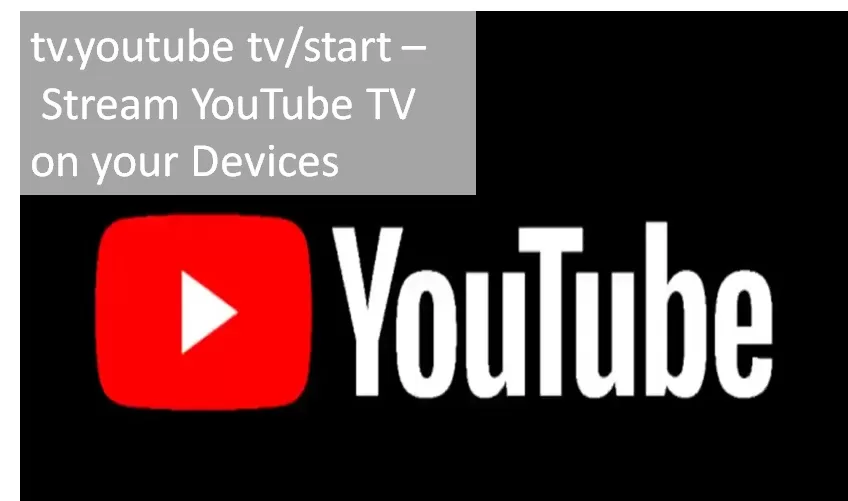Top 10 Small Business CRM Software 2023

The sales world revolves on customer data. If you use it wisely, you may cultivate long-term client connections and increase sales and revenue at the same time.
Dispersed sales data is a challenge because of this, and the trend to remote employment has made it much more challenging to do. A growing SMB can no longer afford to have its salespeople manage many spreadsheets, emails or even sticky notes to keep track of everything.
In this case, the use of a CRM (customer relationship management) software might be beneficial. It allows salespeople to tailor their contacts with customers by keeping track of sales data and identifying the specific demands of each one.
If you want to learn more about the best CRM software providers and why this technology is essential for your business, keep reading!
List of Top 10 Small Business CRM Software 2023
Here is the list of the best CRM software in 2023, you can choose:
1. Salesforce Sales Cloud Lightning Professional
Salesforce is generally the first name that springs to mind when you think of CRM. This organization boasts some of the best-known and most commonly used CRMs in the world, thanks to its status as the gold standard of CRMs.
Using its Sales Cloud Lightning Professional option, you may tailor it to your customers’ specific needs. Additionally, it provides frequent updates and patches, which guarantees that you have access to the most recent technologies on the market. The best feature is that it has an expanding network of third-party applications and integrations.
Sales Cloud Lightning Professional is more expensive than the majority of its rivals, with a monthly subscription costing $75 per user. The solution’s versatile and easy features more than justify the premium price tag, therefore we encourage taking advantage of Salesforce’s free 30-day trial.
2. HubSpot’s Customer Relationship Management system
To acquire the best CRM for the least amount of money, HubSpot is a terrific option. Freemium CRM elements including contact management, email tracking, email marketing, email scheduling and sales quotations are included in this innovative CRM provider’s free plan.
It’s possible to upgrade to one of HubSpot CRM’s premium editions as your company grows, starting at $45 a month for two users.
Check details about best computer monitors
3. Zoho CRM
Zoho CRM is a good choice for sales managers seeking a CRM that is easy to use, but also packs a lot of punch for the money. Lead management, mail integration, social media CRM, workflow automation, and analytics are just a few of the many services it offers.
Gamification features allow you to make selling entertaining by setting sales goals and awarding badges and prizes to winning teams. Zoho Projects and Zoho Books are only two of the many Zoho products that may be used with it.
In the free edition of Zoho CRM, three workers may use the CRM for free, while the paid version costs $30 per person per month for up to 50 users (billed annually).
4. Freshsales CRM
For small and medium-sized businesses (SMBs), Freshsales CRM is a lightweight and straightforward option for implementing sales automation technologies fast. The AI assistant, auto-renewal, and contract renewal reminders are just a few of its standout advanced features.
In addition to account and contact management, contact lifecycle phases, chat/email marketing, and phone services, Freshsales provides a free basic subscription for life. The Growth plan, which costs $15 per month (per user) on the yearly plan, is the best option for you.
Using AI-powered predictive contact scoring, sales sequences and custom reports and dashboards, this version of the solution helps salespeople.
5. Zendesk Sell
Want a way to see your sales funnel and automate your sales process? To see if it works, check out Zendesk Sell. Besides being simple to use and handle leads, it has the potential to operate as an end-to-end platform for customer interaction in the Zendesk ecosystem, in particular Zendesk Support, because of its compatibility.
Using this CRM, you may sell within your current workflow by integrating it with productivity and business applications such as Dropbox, MailChimp, HubSpot CRM, and QuickBooks.
To get a taste of Zendesk Sell’s Team tier ($19 per month) or Professional plan ($49 per month), you may sign up for a free 14-day trial.
Quickly fix Google pay not working
6. Less Annoying CRM
For startups that are self-funded, every dollar matters. Less Annoying CRM is designed for small and medium-sized businesses (SMBs) and offers a single plan that costs $15 per user per month (paid yearly). At this cheap price point, the CRM gives an astonishing amount of flexibility and performance for your sales force.
Access to reports and the ability to manage contacts and leads are just a few of the features available. In addition, it provides excellent mobile website implementation and free customer support.
Less Annoying CRM’s easy pricing model makes it accessible to small and medium-sized businesses of all sizes. This is the greatest part: You don’t even have to input your credit card information for 30 days to try out the complete program!
7. Apptivo
Apptivo CRM’s Premium tier is only $8 per month per user (paid yearly). Customizable software that is easy to use and supports a wide range of mobile devices is available.
Among the many tools available to salespeople are corporate branding, IMAP email, reports, message templates, invoicing, and third-party connections. You may use the 30-day free trial or the free beginning plan to determine if Apptivo is right for your business.
8. Insightly
Smaller businesses can benefit greatly from Insightly’s CRM, project management, and lead tracking features. Google G-Suite, Google Docs, and more are all integrated into one user-friendly and visually appealing CRM.
The Plus plan is $29 a month for each user (billed annually). The product support options offered by Insightly start at $1,500 per year for SMBs with a big staff base, even though Insights CRM is very user-friendly and straightforward.
A 14-day free trial membership to this mid-market CRM is available without providing any credit card information.
9. The Pipedrive CRM
Deal-driven and sales pipeline CRM tool Pipedrive has a configurable chatbot for website lead creation, detailed reporting, phone and email synchronization and easy mobile apps. Additionally, it works with Google G Suite, Google Maps, and MailChimp, among other productivity tools.
For $12.50 per user per month (paid yearly), Pipedrive offers a 14-day free trial to test the product before making a long-term commitment.
10. Sage Customer Relationship Management
In order to assist you in making sound business decisions, Sage’s CRM (including Sales, Marketing, and Service modules) is completely integrated. According to the G2 website, the monthly fee for each user is $39 a month.
From quoting and proposing to projecting revenue and converting sales leads into prospects, Sage CRM helps automate your sales operations Sales are expected to rise 25 percent, but productivity is expected to rise 60 percent.
What are the benefits of CRM software for your small business?
Managing connections becomes more difficult and prone to problems when your small business expands and has a larger client base.
- Salespeople don’t have a relationship with the organization unless they utilize a CRM application, which results in high staff turnover. Because sales professionals tend to take these ties with them when they leave your organization, this is a huge drawback. You’ll also have to devote a significant amount of time and resources to preparing new hires to be able to relate to and relate to your customers.
- Customers are less satisfied when your sales data is distributed or segregated, because it is difficult for sales teams to transform that data into insights. As a result, your customer interactions take on a one-size-fits-all approach that does not resonate and may drive customers to rivals.
- Data management that sucks up time: Gathering data from spreadsheets, emails, business cards, events, customer interactions and more is a tedious and error-prone process.
- In order to keep customers happy and enable referrals, upselling, and cross-selling, marketing, sales, as well as customer care teams must work together closely. In most cases, however, these groups lack the time and resources to provide information on recent client encounters.
- Sales executives are often out in the field, meeting with clients and prospects face-to-face, or working from home. Without a CRM platform, it is impossible to keep the rest of the team updated on the status of a deal, swiftly acquire internal approvals, or communicate sales orders and commercial invoices with clients in such scenarios.



